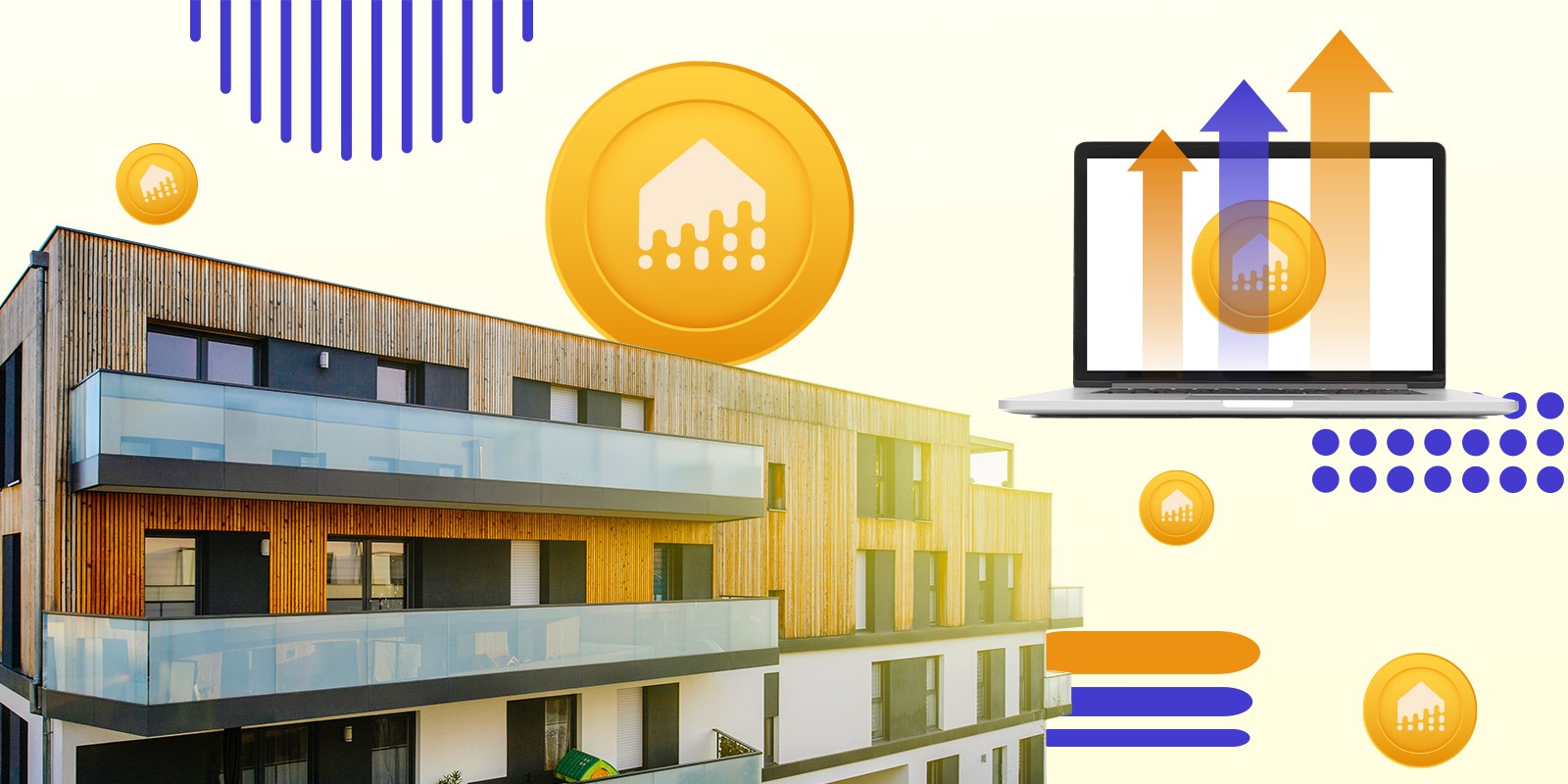Real Estate Tokens
Real estate tokens represent a groundbreaking shift in the property investment landscape, leveraging blockchain technology to fractionalize ownership of real estate assets. Unlike traditional real estate investments, which often require substantial capital, real estate tokens democratize access, allowing smaller investors to buy fractional shares of properties. Each token is backed by a physical property, and the ownership is recorded on a blockchain, ensuring transparency and security. This innovation not only lowers the entry barrier for investors but also provides liquidity in a traditionally illiquid market, enabling investors to buy and sell their shares with ease.
The Mechanics of Real Estate Tokenization
The process of real estate tokenization begins with the selection of a property to be tokenized. This property is then valued, and its worth is divided into a predetermined number of tokens. These tokens are sold to investors through a blockchain platform. Each token represents a fractional ownership interest in the property and entitles the holder to a share of the rental income and appreciation in property value. Smart contracts, which are self-executing contracts with the terms directly written into code, facilitate these transactions, ensuring that all parties adhere to the agreed-upon terms. This automation reduces the need for intermediaries, streamlining the investment process and reducing costs.
Benefits of Investing in Real Estate Tokens
Investing in real estate tokens offers numerous advantages. Firstly, it provides greater accessibility, allowing individuals to invest in high-value properties with relatively small amounts of capital. This opens up real estate investment opportunities to a broader audience. Secondly, real estate tokens offer enhanced liquidity. Unlike traditional real estate, which can take months to sell, tokens can be traded on secondary markets, enabling investors to quickly enter or exit their positions. Additionally, blockchain technology ensures transparency and security, as all transactions are recorded on an immutable ledger. This reduces the risk of fraud and increases investor confidence. Furthermore, tokenization enables diversification, allowing investors to spread their risk across multiple properties and geographic locations.
Challenges and Risks in Real Estate Tokenization
Despite its advantages, real estate tokenization is not without challenges and risks. Regulatory uncertainty is a significant concern, as the legal frameworks governing tokenized assets vary across jurisdictions. This can create compliance issues and hinder the widespread adoption of real estate tokens. Additionally, the nascent nature of the technology means that there is a lack of standardized practices, which can lead to inconsistencies and confusion. Market volatility is another risk, as the value of real estate tokens can fluctuate based on factors such as property performance and broader economic conditions. Furthermore, the reliance on blockchain technology exposes investors to cybersecurity risks, including hacking and technical failures. It is essential for investors to conduct thorough due diligence and seek professional advice before venturing into this innovative investment space.
The Future of Real Estate Investment
The future of real estate investment is poised for transformation with the rise of real estate tokens. As the technology matures and regulatory frameworks evolve, it is expected that tokenization will become more mainstream, offering a viable alternative to traditional real estate investment methods. The increased accessibility, liquidity, and transparency provided by real estate tokens have the potential to attract a diverse range of investors, from individuals to institutional players. Moreover, the integration of advanced technologies such as artificial intelligence and machine learning can further enhance the efficiency and accuracy of property valuation and management. As the market develops, we may see the emergence of new financial products and services tailored to the tokenized real estate sector, further driving innovation and growth in the industry.
In conclusion, Buying real estate tokens represents a significant leap forward in the evolution of property investment. By harnessing the power of blockchain technology, tokenization democratizes access to real estate, enhances liquidity, and ensures transparency. While challenges remain, the potential benefits make it a compelling option for investors seeking to diversify their portfolios and capitalize on the future of real estate investment.




